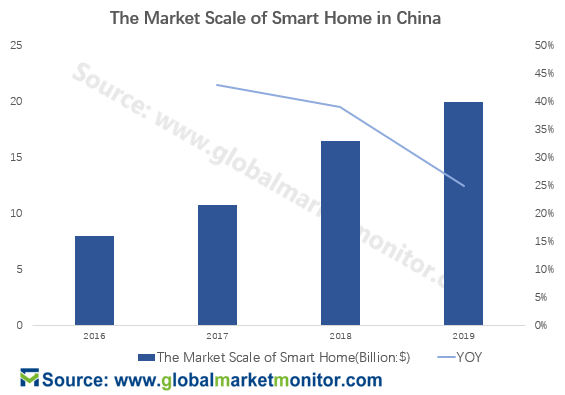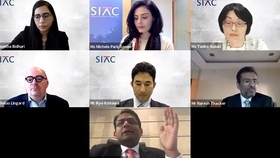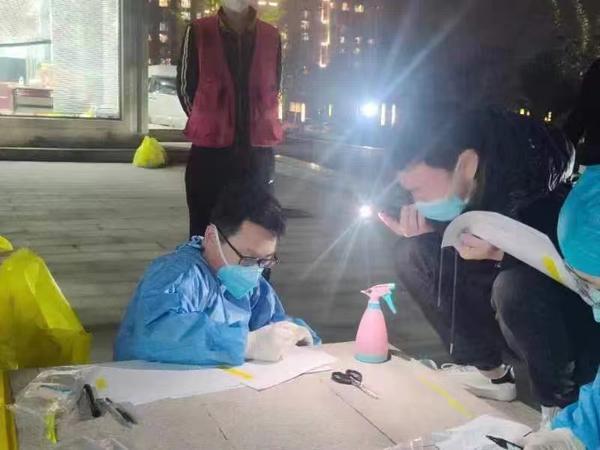In the annals of modern history, few events have wrought as profound and far-reaching changes as the COVID-19 pandemic. This global health crisis, declared a pandemic by the World Health Organization (WHO) on March 11, 2020, has reshaped the way we live, work, learn, and interact with each other. The virus, known scientifically as SARS-CoV-2, has not only posed a direct threat to human life but also triggered a cascade of economic, social, and political responses that continue to resonate today.
The Health Dimension: A Race Against Time
At its core, COVID-19 has been a relentless adversary, claiming millions of lives worldwide and infecting countless more. The initial outbreak in Wuhan, China, in late 2019 swiftly escalated into a global health emergency, highlighting the interconnectedness of our world and the vulnerability of healthcare systems in the face of an unforeseen threat. Governments scrambled to implement containment measures—from lockdowns to mass testing and vaccination drives—while scientists raced to understand the virus's genetics, transmission dynamics, and develop effective treatments and vaccines.
The response highlighted the importance of global cooperation and the need for equitable access to healthcare resources. While several vaccines were successfully developed and rolled out at unprecedented speeds, inequities in vaccine distribution exposed deep fissures in global solidarity, with some countries struggling to secure even basic supplies.
Economic Upside Down: A New Normal?
The economic fallout of COVID-19 has been nothing short of catastrophic. Businesses closed their doors, supply chains ground to a halt, and unemployment soared to levels unseen in decades. The pandemic has underscored the precarious nature of many economies, particularly those reliant on tourism, hospitality, and service sectors. Governments introduced massive stimulus packages and fiscal interventions to cushion the impact, but the long-term scars of the recession remain visible in stagnant growth, debt accumulation, and job losses that continue to haunt households and small businesses.
The shift towards remote work and online education has been a silver lining in this dark cloud. It has accelerated digital transformation and underscored the importance of digital infrastructure in maintaining societal functioning during times of crisis. However, the digital divide—a long-standing issue before the pandemic—has widened further, with some communities left behind in the race for digital inclusion.
Social Distancing: A New Social Norm
The need for social distancing and mask-wearing became the new norm, reshaping social interactions and community dynamics. Festivals, gatherings, and large events were either cancelled or held virtually, altering our collective experiences of celebration and connection. The loss of human touch led to a surge in mental health issues, including anxiety, depression, and loneliness. Online platforms like Zoom and TikTok emerged as bridges for social interaction but also raised concerns about privacy, cyberbullying, and the erosion of personal boundaries.
The pandemic also brought to light the importance of community resilience and solidarity. Neighbors helped neighbors, volunteers stepped up to support the vulnerable, and charitable organizations thrived amidst adversity. These acts of kindness served as a reminder that even in times of crisis, humanity's capacity for compassion remains unbroken.
The Political Landscape: Uncertainty and Realignment
COVID-19 has reshaped political landscapes worldwide, exposing fault lines within societies and fueling debates over issues like lockdown measures, vaccine mandates, and economic aid distribution. The pandemic has tested leadership capabilities, with some governments criticized for their slow response or mismanagement of the crisis. Conversely, it has also highlighted instances of effective crisis management and national unity.
The pandemic has also accelerated the trend towards digitalization in politics, from online voting to virtual summits and debates. However, it has also raised concerns about data privacy, election integrity, and the potential for misinformation to spread unchecked in an era of social media.
The Future: Building Back Better?
As we navigate the post-pandemic world, the lessons from COVID-19 offer a crucible for rethinking our approaches to public health, economics, social cohesion, and global cooperation. The pandemic has underscored the importance of investing in healthcare infrastructure, promoting digital inclusion, strengthening resilient economies, and fostering international solidarity. It has also underscored the need for a more proactive approach to pandemics, including investing in research on emerging infectious diseases and improving global health surveillance systems.
Looking ahead, a post-pandemic world may see a greater emphasis on flexible work arrangements, continued digital transformation, and a reevaluation of our social norms around safety and privacy. It is an opportunity to build back better than before, ensuring that no community is left behind in the race for a more resilient future.
In conclusion,...
转载请注明来自爬爬百科,本文标题:《COVID-19的全球社会影响,全景视角》












 京ICP备11000001号
京ICP备11000001号
发表评论